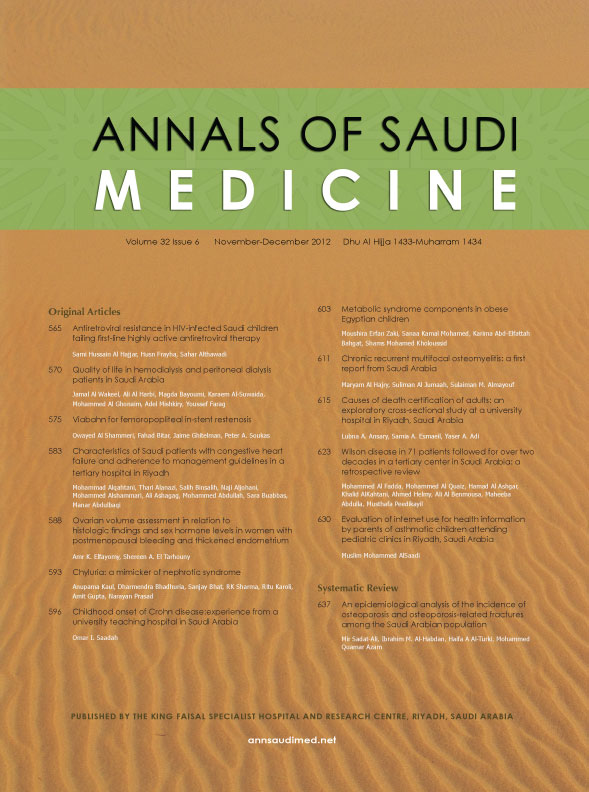 As Werner Heisenberg famously conjectured, you can’t measure an atomic particle’s momentum and position at the same time. But perhaps the principle named for the German physicist and godfather of quantum mechanics should be applied to another important scientific truth: you can’t publish the same article in two different but competing journals.
As Werner Heisenberg famously conjectured, you can’t measure an atomic particle’s momentum and position at the same time. But perhaps the principle named for the German physicist and godfather of quantum mechanics should be applied to another important scientific truth: you can’t publish the same article in two different but competing journals.
Just ask a group led by Ted Sargent, a prominent physicist at the University of Toronto. He and his colleagues recently lost a paper in Thin Solid Films — which sounds like it ought to be the name of an indie movie company, dibs! — on quantum dot solar cells. (If those sound familiar to readers of this blog, there’s a good reason. We wrote about the retraction of another quantum dot paper, this one in Nature Photonics, in October of this year.)
Sargent’s article, “Advances in colloidal quantum dot solar cells: The depleted-heterojunction device,” which he wrote with colleagues in Spain and Switzerland, appeared in August 2011. According to the notice: Continue reading Quantum physicists learn about Heisenberg’s (publishing) uncertainty principle the hard way
 Plant Physiology and Biochemistry has an amusing retraction notice this month that underscores the perils of allowing authors to come up with their own statements.
Plant Physiology and Biochemistry has an amusing retraction notice this month that underscores the perils of allowing authors to come up with their own statements.






